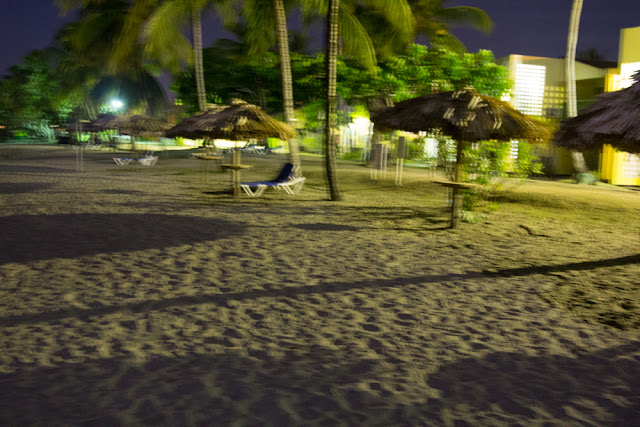Beaches of Tobago

Dr Anjani Ganase checks the health of beaches around Tobago. We are fortunate, she believes, that significant areas of the edge between land and sea remain undisturbed. But we also need to be mindful of how buildings and other structures can alter beach habitats. (All photos courtesy Anjani Ganase) Beaches are areas of dynamic interaction between the ocean and the land. Ocean current, wind and waves erode rock and coral skeletons to produce sand that washes ashore. Not all beaches are sandy. Sometimes, beaches are pebbly or composed of coral rubble. We can tell a lot about our beaches and their surroundings from the sand. The colour of the particles and the sizes tell us about the marine habitats as well as the type of rock our islands are made from. Black sand beaches are formed from the erosion of volcanic rock, while white sand beaches come from the breakdown of corals, but there are green and pink sand beaches as well. Beaches are important unique ecosystems with a lot...
